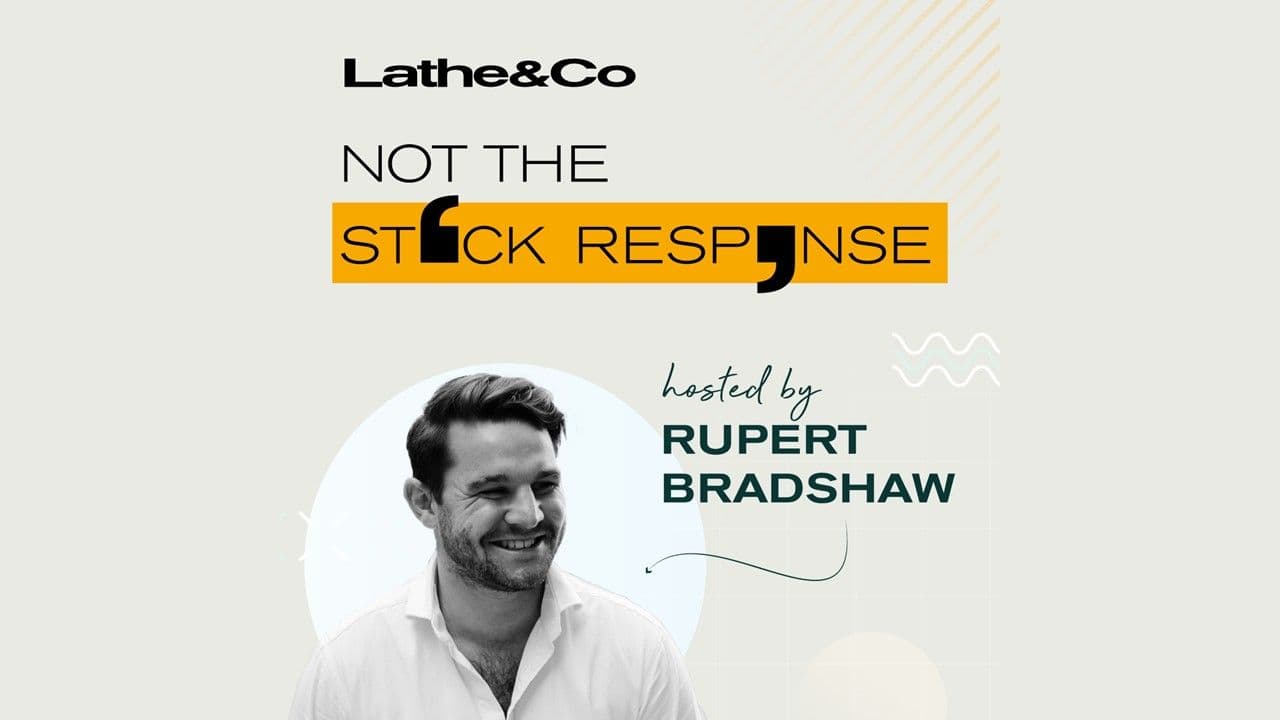Q1: Without a will, doesn’t everything go to my spouse?
Emily Robertson: “No, it doesn’t. It’s a common assumption but one that can have disastrous consequences. For example, if you’re married with children, your spouse will get the first £322,000 of your assets – plus any ‘chattels’ (e.g. furniture, jewellery). The remainder of your estate will then be split equally between your spouse and your children. Remember, your estate will only include the assets in your name – so any joint accounts or shared property should pass directly to the surviving owner.”
Q2: What are the tax implications?
Haydn Brooks: “Gifts to your spouse are exempt from inheritance tax – so your spouse wouldn’t have any tax to pay on their share of your estate. However, gifts to your children are not exempt. After the first £325,000 (your inheritance tax nil-rate band), everything that is left to your children will be taxed at 40%. The only exception to this is the residence nil-rate band – which allows you to pass £500k per person, provided the asset in question is your primary residence.”
Q3: Who would inherit my business?
Emily Robertson: “If you run a limited company, your shares in the business will form part of your estate. If you die intestate (i.e. without a will), your spouse and children could end up inheriting significant control of the company. As you can imagine, this sort of situation can place an undue burden on loved ones and leave your company in less capable hands.”
Q4: What if I don’t want to leave everything to my spouse?
Haydn Brooks: “While leaving everything to your spouse is tax efficient, it might not be appropriate – for example, if you have children from a previous marriage. It’s entirely up to you what you leave and to who. But the only way to make sure it happens is with a legally binding will. Without one, things get messy. And your loved ones will likely end up with more stress and more tax than they needed to.…”
Q5: Should I speak to a financial adviser or a solicitor?
Emily Robertson: “It’s important that you speak to a solicitor and a financial adviser. We can work together to put an estate plan in place that is tax efficient and makes things as straightforward as possible for your loved ones. Your solicitor or financial adviser will be able to recommend an appropriate team to help you put your estate plan into action.”
Stay tuned for part II
Recent in planning


